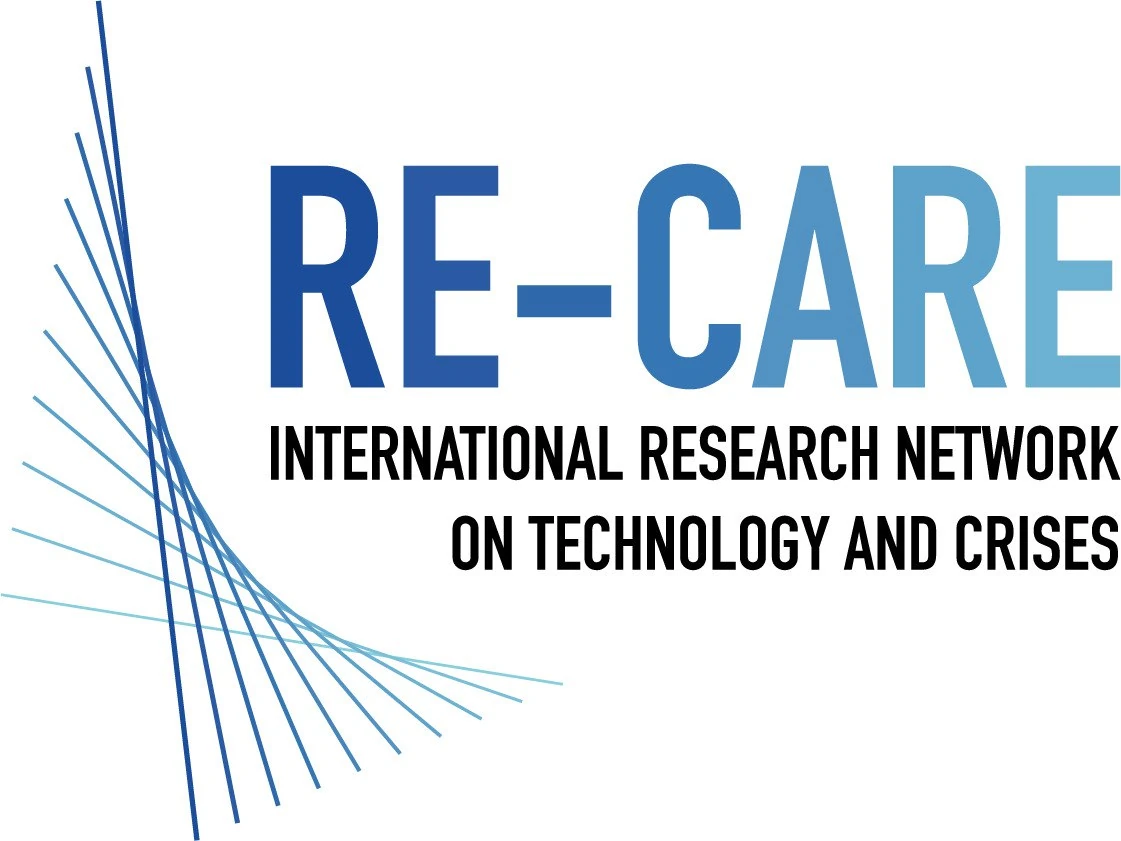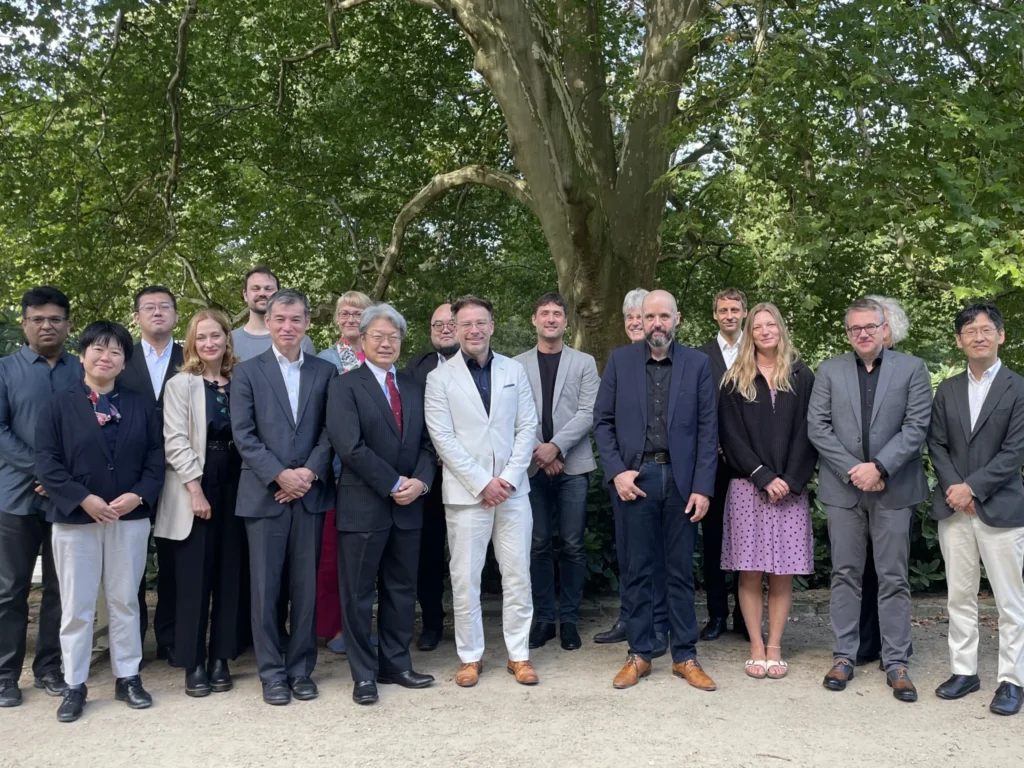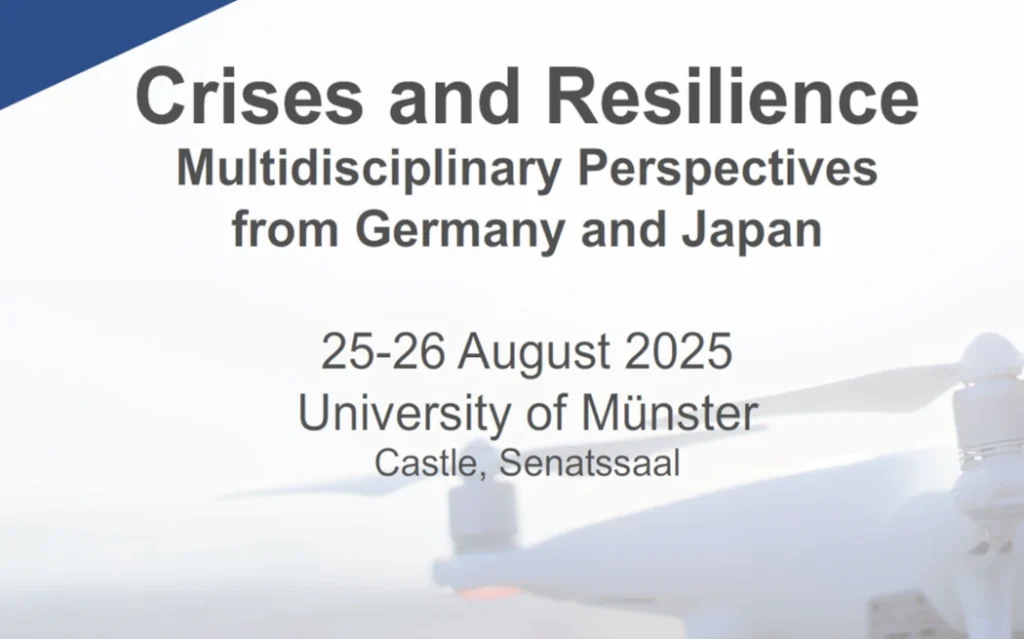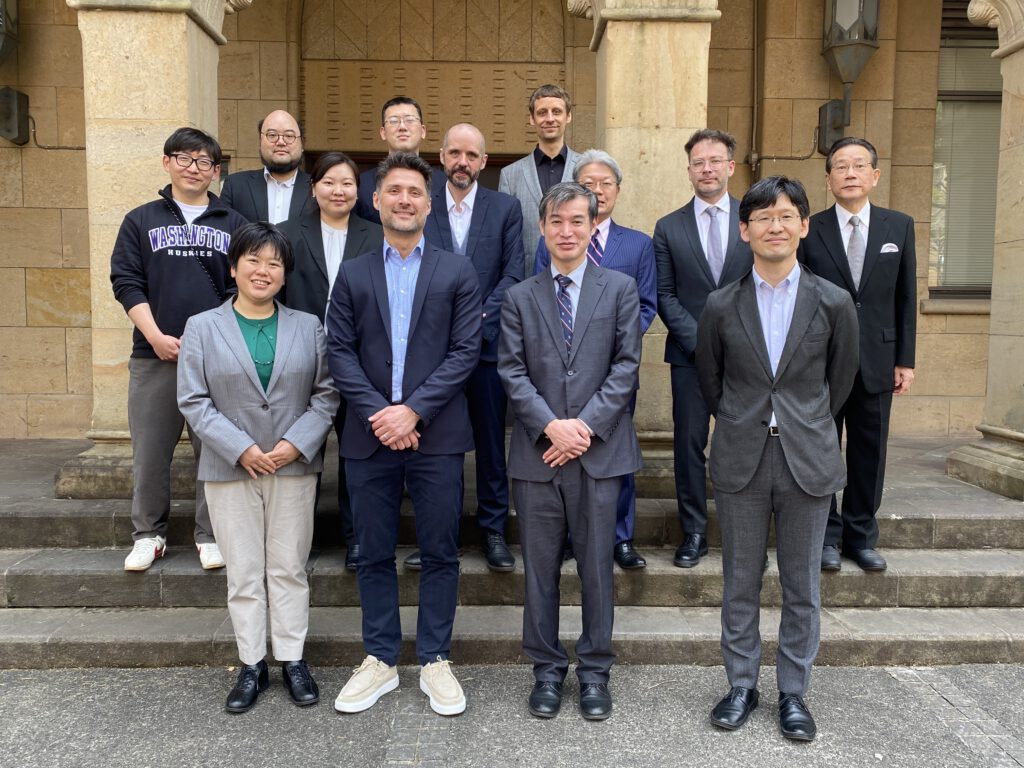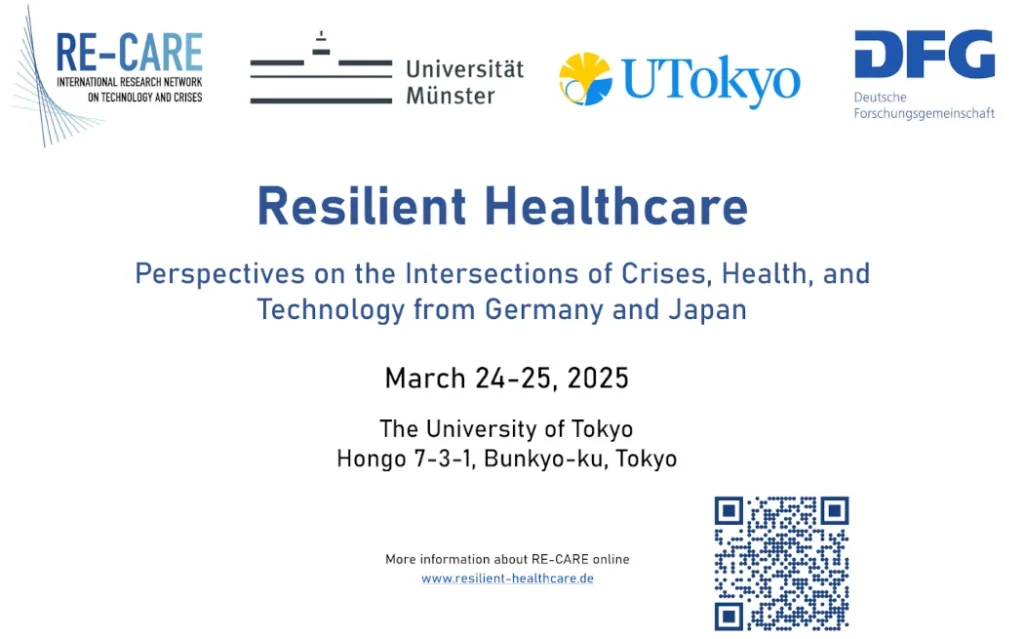
RE-CARE is a German-Japanese research network that examines
the intersections of crises, health, and technology.
RE-CARE connects researchers from Japan and Germany to foster transcultural exchange about the impacts of crises and to explore how technology can strengthen resilience. Rooted in a multidisciplinary framework, RE-CARE brings together perspectives from the social, health, sport, and technical fields.
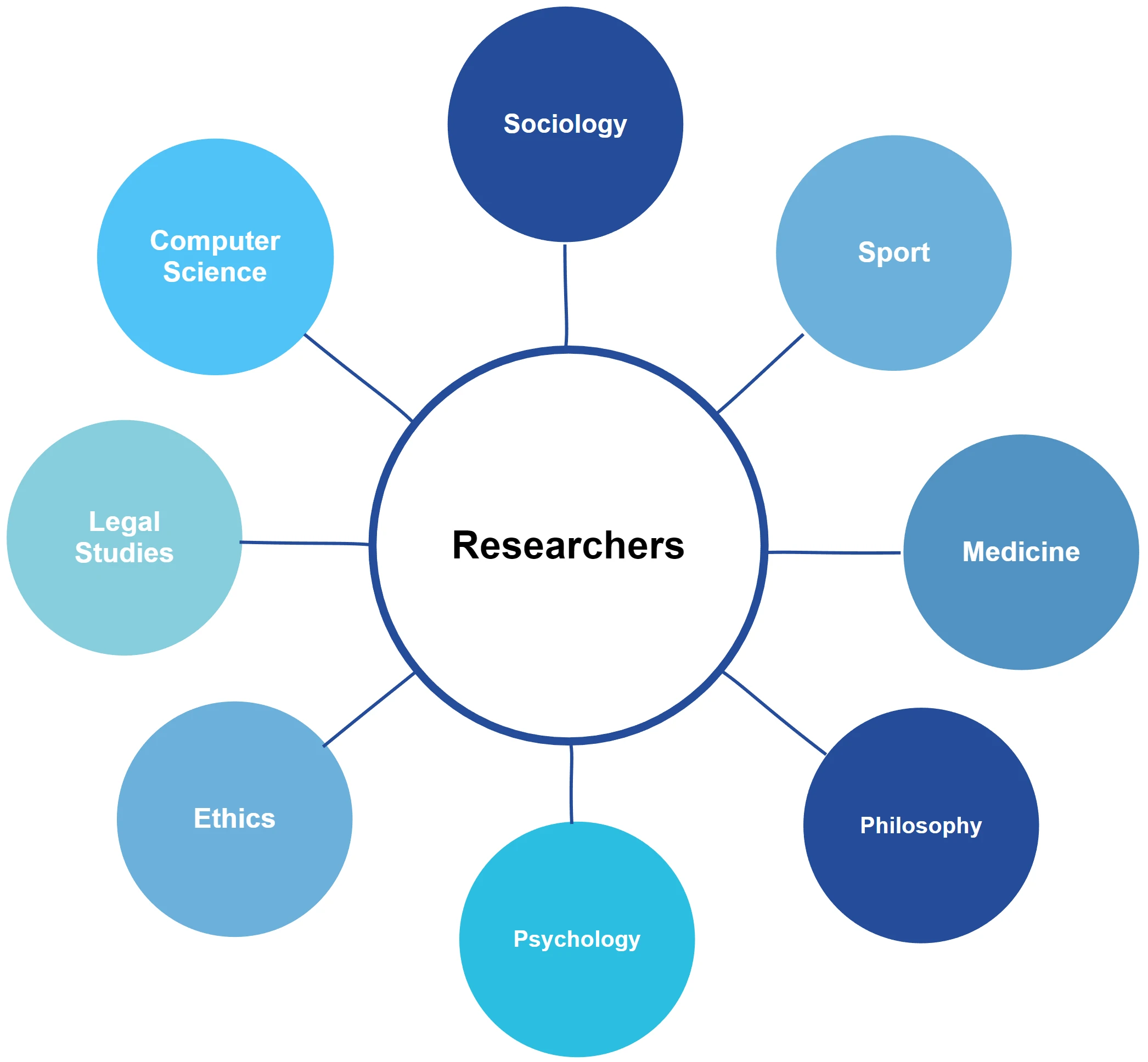
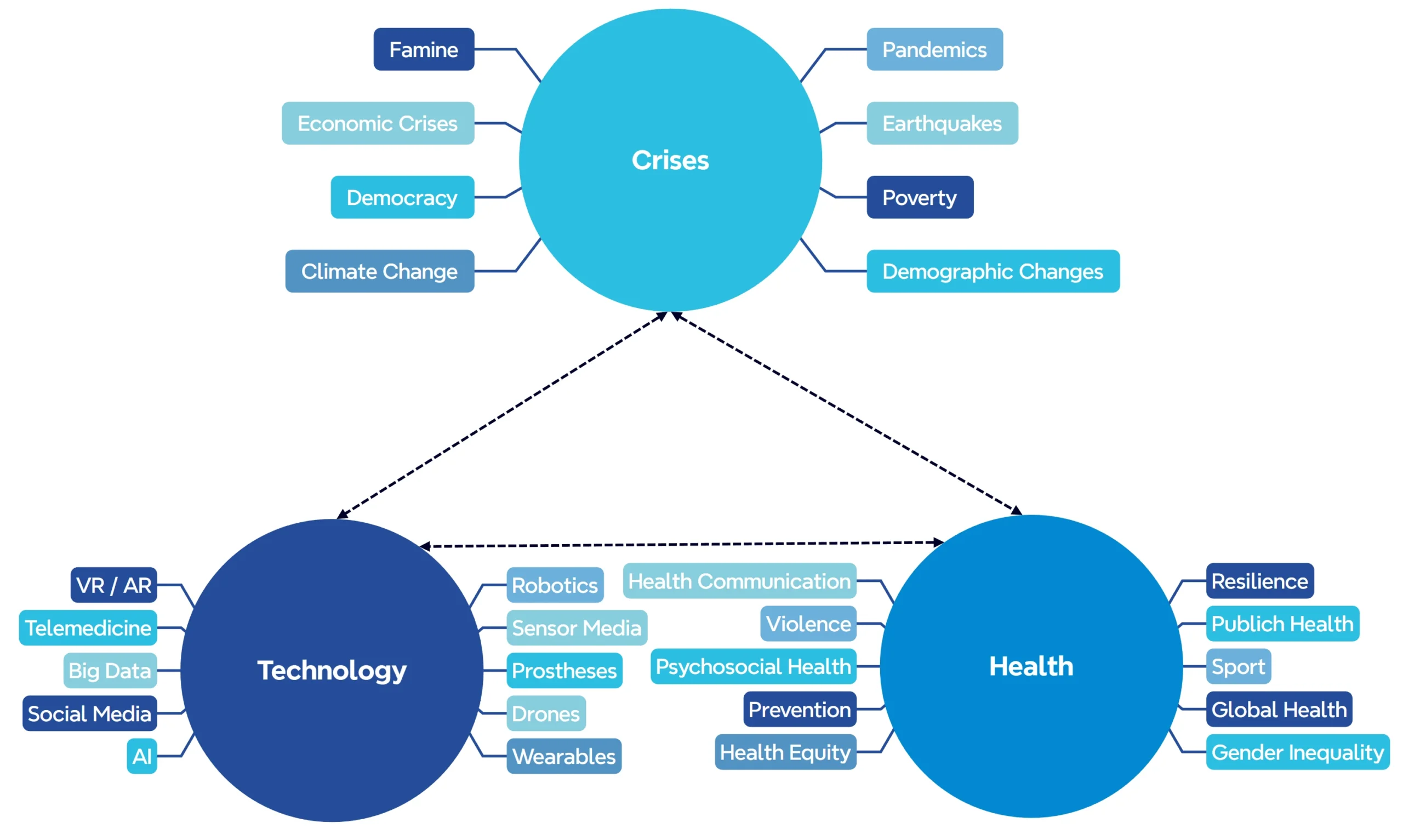
RE-CARE Updates
21 January, 2026
The RE-CARE network is currently planning its #3 conference “Resilient Societies in Times of Uncertainty – From Conceptual Foundations to Societal Implementation”, which will take place 18-19 March 2027 at Kyoto University, with the generous support of Prof. Dr. Satoshi Kodama… Read more →
2 September, 2025
In their opening remarks, Vice-Rector of the University of Münster Michael Quante, Dean of the Faculty of Education and Social Sciences Thorsten Quandt and RE-CARE founder Dennis Krämer emphasized that socities in Japan and Germany are currently experiencing a situation of multiple crises—war, democratic crises, earthquakes, demographic as well as ecological challenges… Read more →
25-26 August, 2025
The second RE-CARE conference will take place on 25 and 26 August 2025 at the historic castle of the University of Münster. Building on an inspiring first meeting at the University of Tokyo in March 2025, the Münster conference aims to foster interdisciplinary exchange on how to build and strengthen resilience in the face of overlapping global crises. In around 20 talks, scholars from law, philosophy, medicine, sports science, ethics, sociology, and psychology will address topics such as end-of-life decision-making and moral principles in times of crisis, legal frameworks for reducing natural disaster risks, and theoretical approaches to resilience and technology development.
1 April, 2025
On March 24-25, 2025, the RE-CARE network met for the first time at the University of Tokyo to launch a long-term German-Japanese research partnership. Over two days of intensive discussion, the members examined how different cultural contexts influence the way crises are perceived, managed and communicated, while also reflecting on the increasing role of technology…. Read more →
24-25 March, 2025
The RE-CARE network is organising an international conference at the University of Tokyo on 24 and 25 March 2025. Over two days, five panels will address topics including sociological and ethical perspectives on crises; the use of technology to classify people as risks; the role of robotics in elderly care; privacy and liability issues related to health data; and computational methods for analysing social perceptions of crises, such as earthquakes.



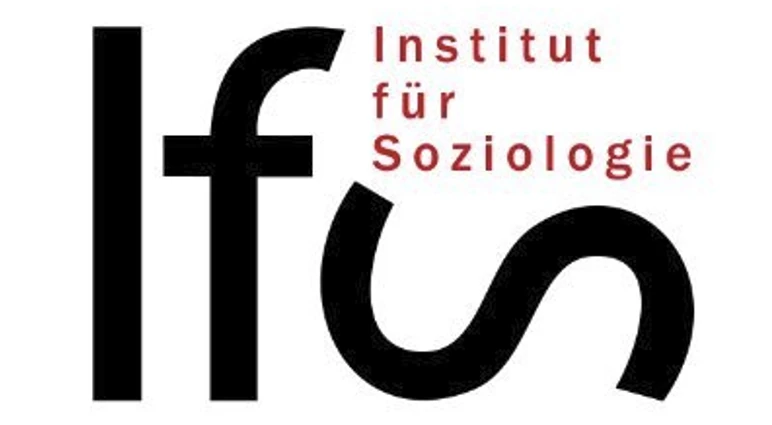
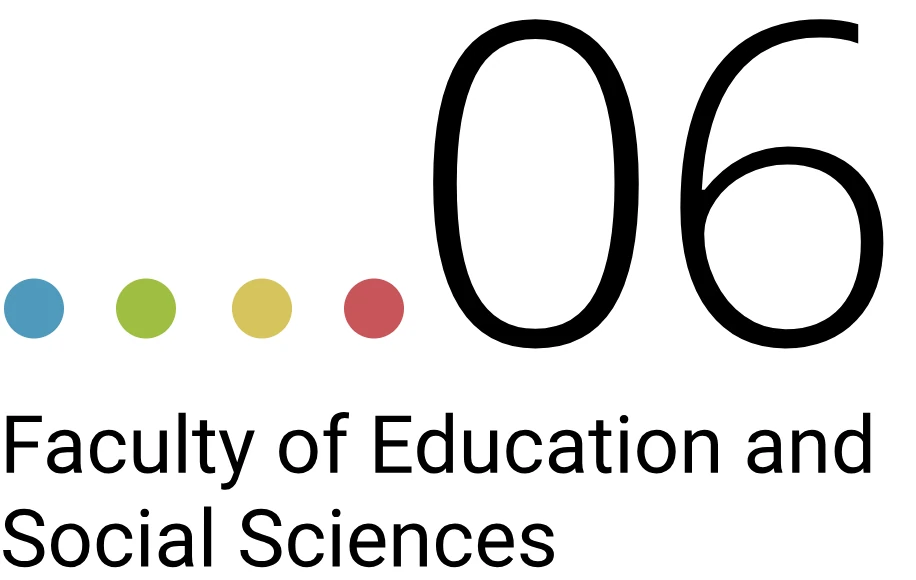

This project is funded by the German Research Foundation (DFG).
The information contained on this website does not necessarily reflect the official position of the DFG.
